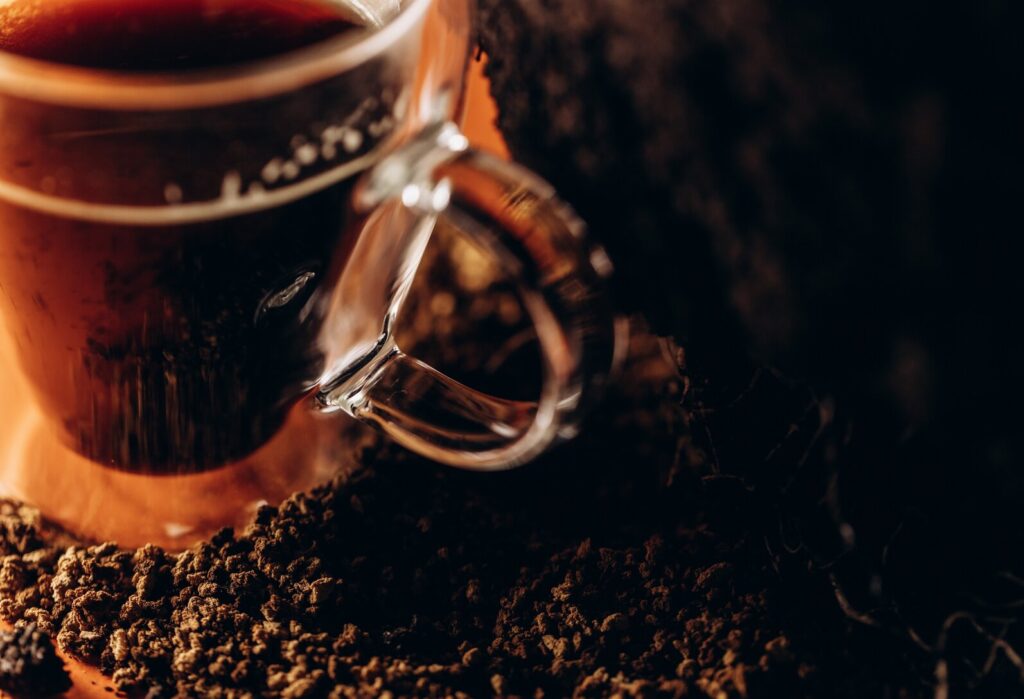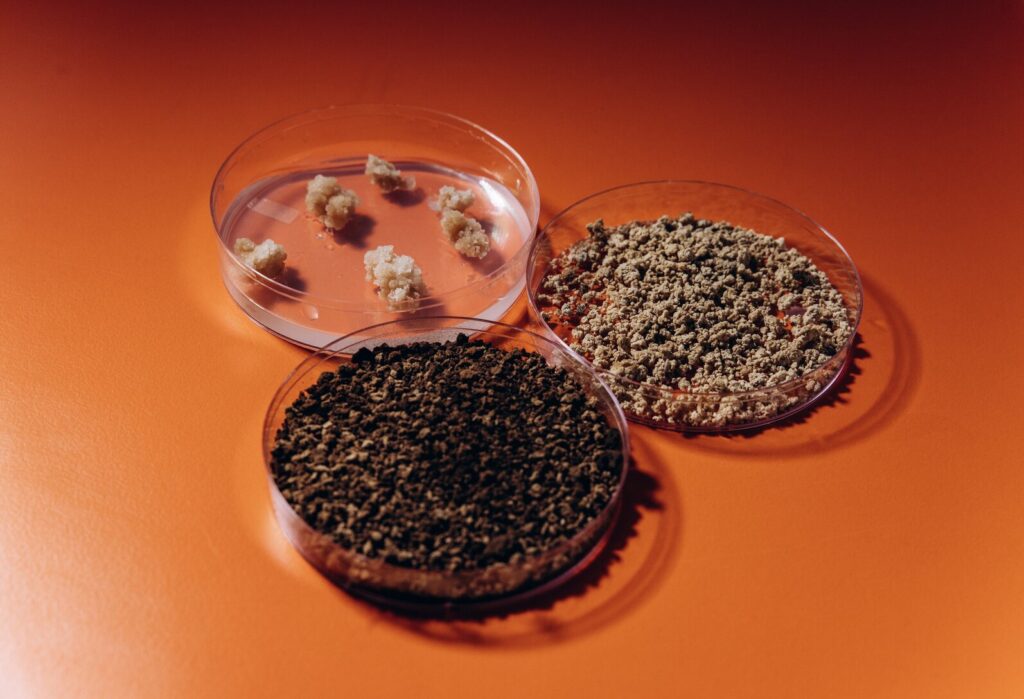The smell of freshly brewed coffee is one of the most recognizable aromas in the world, with around 40 percent of the global population consuming the drink every day. Most coffee aficionados on average consume around 4 cups per day with daily consumption worldwide coming in at over 2 billion cups.
But how many of those coffee drinkers ever consider how truly unsustainable coffee production is becoming, with the issues of climate change, deforestation and water scarcity becoming ever more pressing?
According to the Center for the Promotions of Imports from developing countries, coffee production requires a great deal of water and soil, which is not always sufficiently available in the countries where the bean is grown and ground.
Imagining a not-too-distant future in which these demands are paramount, Pluri CEO Yaky Yanay says that the company decided to find a way to produce coffee that would be both more sustainable and still maintain the same high quality of taste.
Pluri had been working on stem cells for medical use for over two decades, but in the last two years decided to take all its knowledge and technology into new industries that it sees as the future, including foodtech.

The idea to start cultivating coffee from cells was suggested to Yanay as an opportunity from one of the big players in the coffee industry.
“My first reaction was: ‘why do we need to cultivate a copy of a nice beautiful green plant?’” Yanay tells NoCamels.
But then he understood that in 20 years, 50 percent of the land suitable for growing coffee is set to disappear.
“And that,” he says, “is a problem.”
Furthermore, according to a 2022 study carried out by the government of Brazil, which is one of the largest coffee producing countries, the entire process to produce just a single cup of coffee – from planting to pouring – can take up to 140 liters of water.
To reduce the area of land and amount of water required, in order to create a more sustainable cup of coffee, Yanya decided to cultivate cells from coffee leaves and beans as an alternative to growing the plant.
The number of cells is dramatically increased by placing them in a bioreactor – a large specialist tank that mimics the environment the cells need to make them immortal, or perennially reproducing.
Every 21 days, a portion of the cells is removed. These cells emerge as small, damp pieces, which are then dried and roasted into coffee powder.
This roasting process is a trade secret, as it is so different from the usual method of preparing the beans, Pluri’s Michal Ogolnik tells NoCamels.
Sign up for our free weekly newsletter
Subscribe“It is a different kind of roasting from you roasting a bean, because it’s not a bean,” she says.

Ogolnik, who will be leading the company’s planned new coffee subsidiary, recalls being greeted on her first day at Pluri’s Haifa headquarters with a range of already patented devices and experts in cell technology.
Pluri is currently still working on finding the best kind of coffee variety for cell cultivation. Ogolnik explains that the company is testing plants from different European locations, as well as some Israeli ones.
“We will need to try different sources in order to make the best version,” she explains.
And to her, the best version of coffee is certified, meaning that the production takes into account one or more aspects of sustainability, such as using less water and land.
Both Ogolnik and Yanay believe that in the near future, there will be a gap between the amount of coffee produced by the industry and the daily demand.
And once that gap happens Pluri says it will be there, ready to meet that demand.

At present, the funding for the coffee cultivation comes solely from Pluri itself. This is part of the company’s strategy, as Yanay explains that it is better to wait until they have mastered the technology before showing the project to venture capitalists or other prospective investors.
“We like to make sure that we are presenting a proof of concept that works,” he says.
Along with working hard at perfecting the taste and consistency of the coffee, Pluri is currently working on its approval from the US Food and Drugs Administration.
To Yanay, finding a sustainable solution to decrease the bean’s carbon footprint and water consumption was of paramount importance.
“That’s our job as Israelis and as entrepreneurs to make sure that we are bringing more solutions to make this world a little bit better,” he says.
Related posts

Rehabilitation Nation: Israeli Innovation On Road To Healing

Harnessing Our Own Bodies For Side Effect-Free Weight Loss





Facebook comments